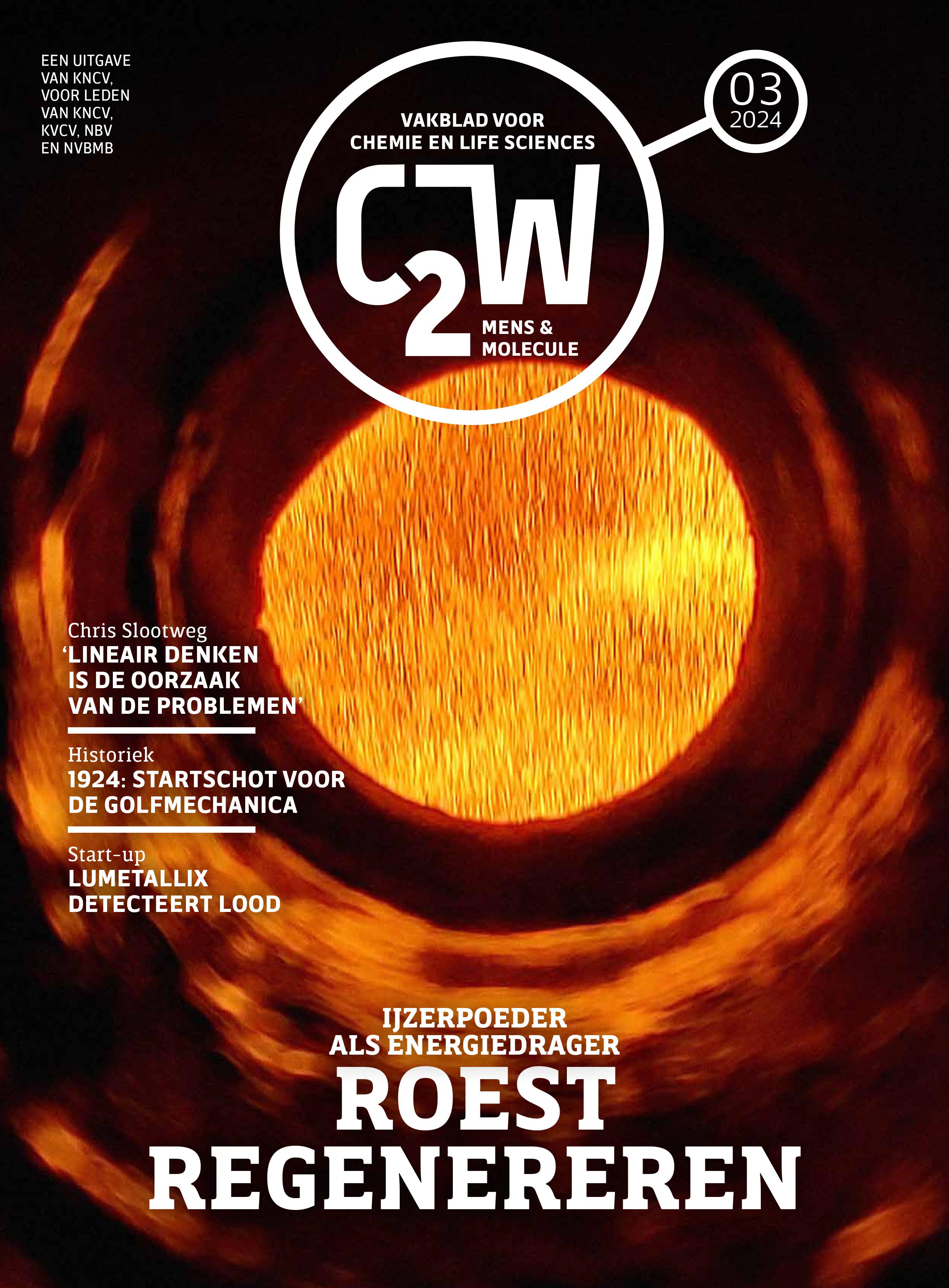Would you like to add an event to this list? Simply register your event using this form.
Ultrasound-Assisted Liquid-liquid Extraction in Microchannels

Category
Ph D Defense
Date
2017-06-02 10:00
Venue
KU Leuven, Auditorium Kasteel, 01.07 - Kasteelpark Arenberg 1
3001 Leuven, België
3001 Leuven, België
Promovendus/a: Jinu Joseph John
Promotor(en): Prof. dr. ir. Thomas Van Gerven, Prof. dr. Leen Braeken, Prof. dr. ir. Simon Kuhn
Microstructured devices are seen to be the future of chemical industry. They bring about process intensification by means of their characteristic small size which increases the surface to volume ratio, providing improved mass and heat transfer effects. The decrease in size can cause clogging and it is difficult to induce active mixing at these scales. Both problems can be solved when utilized in combination with ultrasound by means of acoustic cavitation. The current combination of these two technology make use of ultrasonic cleaning baths which are highly inefficient for the purpose. This research aims at an effective integration of ultrasound with microreactors, under conditions of reproducibility, good control of the ultrasound parameters and visibility of the process . The process of interest to us is liquid-liquid extraction, as it is a common unit operation in most chemical industries and also sonication of immiscible liquid-liquid systems may provide improved mass transfer effects as a result of emulsification.To bring about a versatile and a modular design embodying the various conditions discussed the following strategy is used. First, three preliminary designs were constructed to study the effect of using a solid and liquid interface for the transfer of ultrasound to a microchannel. These designs were tested for the effect of the various operating and design parameters. The results obtained showed the best performance for the designs making use of the solid interface, but poor temperature control. The liquid interface designs had good temperature control but poor performance. Based on the findings the final design was constructed to combine the advantages of both the design types and then scaled for maximum throughout per plate. Finally, the usability of the design was evaluated by performing real case studies involving heterogeneous liquid-liquid systems from a API manufacturing process of Johnson & Johnson.
All Dates
- 2017-06-02 10:00
Powered by iCagenda

